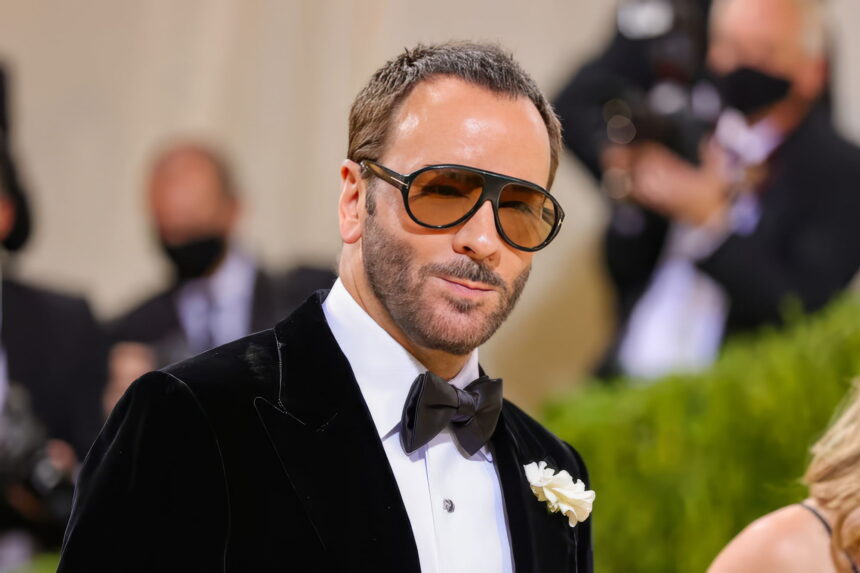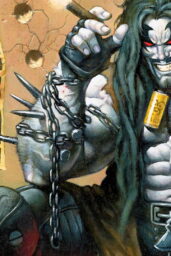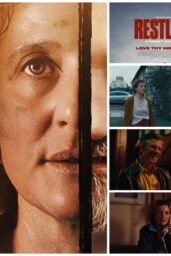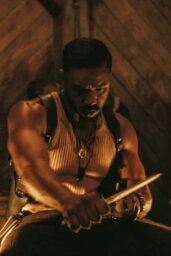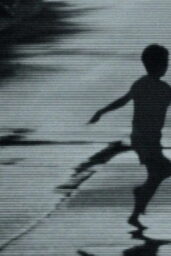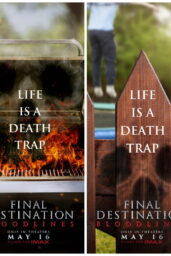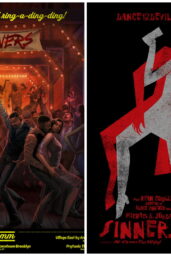The Clock is Ticking
When Tom Ford declared in 2024 that he was leaving fashion to focus on filmmaking, skeptics rolled their eyes. Another designer dabbling in cinema? But Ford doesn't dabble. He consumes. His directorial debut, A Single Man, was a haunting meditation on grief, and Nocturnal Animals? A razor-blade love letter to revenge. Now, with Cry to Heaven—an 18th-century opera epic about a Venetian noble and a castrato singer—Ford isn't just making movies. He's staging a revolution.
The Unlikely Opera Noir
Let's be real: period dramas often drown in their own velvet drapes. But Cry to Heaven, based on Anne Rice's novel, isn't your grandma's corset-and-candlelight affair. This is Baroque noir—a world where power, voice, and body politics collide. Imagine The Talented Mr. Ripley with more harpsichords and fewer trust funds. Ford, a maestro of visual excess in fashion, could turn Rice's lush, dark tale into something operatic in every sense: grandiose, brutal, and unbearably sexy.
Ford's Track Record: Style with Substance
Critics love to dismiss fashion designers-turned-directors as dilettantes. But Ford's films don't just look expensive—they hurt. A Single Man made Colin Firth's suppressed grief feel like a slow-motion car crash. Nocturnal Animals weaponized Amy Adams' quiet despair into a thriller so tense, it left Venice Film Festival audiences gasping. If Cry to Heaven follows suit, we're not just getting a movie. We're getting an experience—one that might finally make opera films cool.
Why This Matters Now
Hollywood's current obsession? IP, superheroes, and algorithms. But Ford's pivot to Cry to Heaven—a story about outcasts fighting for artistic legitimacy—feels eerily timely. In an era where studios fear originality, Ford's gamble could be the jolt cinema needs. Or, as he'd probably put it: Fashion fades. Film is forever.
Will Cry to Heaven be Ford's magnum opus—or a beautiful misfire? Either way, January 2026 can't come soon enough.

